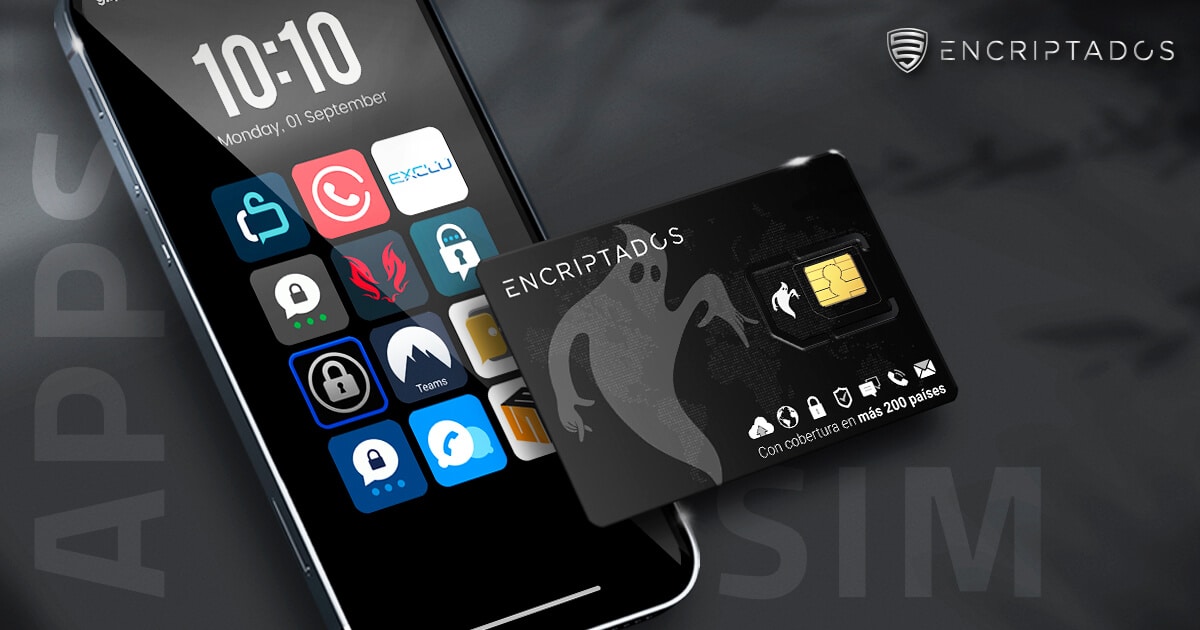In today’s world, where privacy and security have become a top priority for individuals and organizations, the importance of secure operating systems has become more evident. With the widespread use of smartphones, the need for a mobile operating system that prioritizes privacy and security has become increasingly important. It is one such operating system that has been developed to provide the utmost privacy and security to users. In this article, we will explore what GrapheneOS is, its features, and how it differs from other mobile operating systems.
What is GrapheneOS?
GrapheneOS is a mobile operating system that is designed with a focus on privacy and security. It is based on the Android Open Source Project (AOSP), which is an open-source software stack for mobile devices. GrapheneOS is developed and maintained by Daniel Micay, a renowned security researcher, and privacy advocate.
The primary goal of GrapheneOS is to provide a secure and privacy-focused mobile operating system that is free from any kind of tracking or data collection. GrapheneOS achieves this by implementing various security and privacy features, such as hardware-based security, verified boot, and a minimalistic user interface.
GrapheneOS is an open-source project, which means that the code is freely available to anyone who wants to view it, modify it, or contribute to it. The project is supported by donations from the community, which helps in the development and maintenance of the operating system.
Also see: Lost My iPhone: Tips for Protecting Your Personal Information
Features of GrapheneOS
GrapheneOS is designed with several features that prioritize privacy and security. Some of these features are:
- Hardened Security: GrapheneOS uses various security measures to protect the device from malware and other security threats. It includes a hardened kernel, hardware-based security, and verified boot. The operating system also implements a strict sandboxing mechanism that restricts apps from accessing sensitive data or other apps.
- Privacy Protection: GrapheneOS implements several privacy features to protect user data. It includes a privacy-respecting web browser, a private DNS resolver, and a VPN service. The operating system also includes a firewall that allows users to block internet access to specific apps.
- Minimalistic User Interface: GrapheneOS has a minimalistic user interface that is free from any kind of bloatware or unnecessary apps. It helps in reducing the attack surface of the operating system and also improves the overall performance of the device.
- Open-Source: GrapheneOS is an open-source project, which means that the code is freely available for anyone who wants to view it or modify it. It allows developers to audit the code and improve the security of the operating system.
- Regular Security Updates: GrapheneOS provides regular security updates to its users, which helps in fixing any security vulnerabilities that may be present in the operating system. The updates are delivered directly to the device, which ensures that the user is always protected from the latest security threats.
Also see: Google Image Search iPhone: How to Find the Perfect Image for Your Needs
How does GrapheneOS differ from other mobile operating systems?
GrapheneOS differs from other mobile operating systems in several ways. Some of the key differences are:
- Security and Privacy: GrapheneOS is designed with a focus on security and privacy. Unlike other operating systems that prioritize functionality over security, GrapheneOS prioritizes security and privacy over everything else.
- Open-Source: GrapheneOS is an open-source project, which means that the code is freely available for anyone who wants to view it or modify it. It allows developers to audit the code and improve the security of the operating system.
- Minimalistic User Interface: GrapheneOS has a minimalistic user interface that is free from any kind of bloatware or unnecessary apps. It helps in reducing the attack surface of the operating system and also improves the overall performance of the device. This is in contrast to other operating systems that come preloaded with a lot of bloatware that not only takes up storage space but can also impact the device’s performance.
- Regular Security Updates: GrapheneOS provides regular security updates to its users, which helps in fixing any security vulnerabilities that may be present in the operating system. Unlike other operating systems that may take a long time to release security updates or may not release updates for older devices, GrapheneOS provides security updates directly to the device.
- Hardware-Based Security: GrapheneOS uses hardware-based security features, such as a trusted execution environment (TEE), to protect sensitive data on the device. This is in contrast to other operating systems that may rely on software-based security measures.
- No Google Services: GrapheneOS does not come preloaded with any Google services or apps. This is because Google services and apps are known to collect user data, which goes against GrapheneOS’s focus on privacy. However, users can choose to install Google services or apps if they wish to do so.
Also see: iPhone Restore from Backup: A Comprehensive Guide
Who should use GrapheneOS?
GrapheneOS is an operating system that is suitable for individuals who prioritize privacy and security. It is particularly suitable for individuals who handle sensitive information on their mobile devices, such as journalists, activists, and researchers. It is also suitable for individuals who want to reduce their digital footprint and limit the amount of data that is collected about them.
However, it is important to note that it is not suitable for everyone. The operating system has a steep learning curve and may not be as user-friendly as other operating systems. Additionally, not all apps may be available on GrapheneOS, as some apps may not be compatible with the operating system or may not be available on alternative app stores.
Conclusion
GrapheneOS is a mobile operating system that prioritizes privacy and security. It is designed to provide the utmost security to users by implementing various security and privacy features, such as hardware-based security, verified boot, and a minimalistic user interface. GrapheneOS differs from other mobile operating systems in several ways, such as its focus on security and privacy, open-source nature, minimalistic user interface, and regular security updates. While GrapheneOS may not be suitable for everyone, it is an operating GrapheneOS’s commitment to security and privacy has made it a popular choice among individuals who handle sensitive information on their mobile devices. It is also an excellent choice for individuals who want to limit the amount of data that is collected about them.


